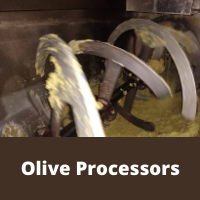Antioxidants and their high doses used in dietary supplements should be the focus of more relevant research, according to an editorial in the journal Molecular Pharmaceutics.
In a journal article (Volume 4, Number 6) Ming Hu from the University of Houston issues “a call to arms” for more relevant research into the bioavailability and utilisation of the antioxidants, particularly polyphenols, in order to help “the successful development of polyphenols as chemopreventive agents in the future”.
A vast body of epidemiological studies has linked increased dietary intake of antioxidants from fruits and vegetables to reduced risks of a range of diseases including cancer, cardiovascular disease and diabetes.
“However, these types of research are often carried out on animals, and their effects on humans remain uncertain. A critically important scientific question is then: are these flavonoids and polyphenols as effective as people believe?” wrote Hu.
Indeed, insufficient research has been done with respect to the bioavailability of these compounds, and possible interactions with pharmaceuticals, he said.
“Because these agents are targeted for disease prevention, oral administration is the only viable route, except for topical application on external organs such as skin,” he wrote. “For polyphenols to become bioavailable, the following barriers must be overcome: solubility, permeability, metabolism, excretion, target tissue uptake, and disposition.
“There is an urgent need to perform systematic studies to demonstrate how changes in polyphenol structures affect solubility and dissolution rates and how various pharmaceutical excipients may be used to improve their dissolution rate,” said Hu.



